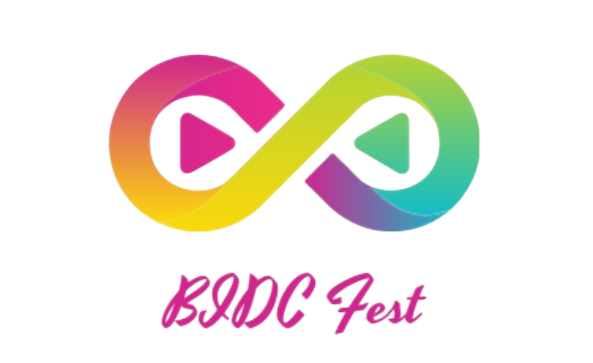Introduction
As the digital landscape evolves, the importance of data privacy and security becomes paramount. With increasing incidents of data breaches and privacy violations, individuals and organizations alike are seeking robust solutions to protect sensitive information. One technology that is gaining traction in this domain is blockchain. Originally devised for the digital currency Bitcoin, blockchain’s unique characteristics are now being harnessed to enhance data privacy and security in various sectors.
Understanding Blockchain Technology
Blockchain is a distributed ledger technology that allows data to be stored across a network of computers. This means that no single entity has control over the entire database, making it more secure against manipulation and unauthorized access.
Key Features of Blockchain
- Decentralization: Unlike traditional databases that are centralized, blockchain is decentralized. Each participant (node) on the network has equal authority.
- Transparency: All transactions on the blockchain are visible to all participants, providing a high level of transparency.
- Immutability: Once data is recorded on the blockchain, it cannot be altered or deleted, ensuring data integrity.
- Security: Blockchain uses cryptographic techniques to secure data, making it extremely difficult for unauthorized individuals to access it.
How Blockchain Enhances Data Privacy
Data privacy refers to an individual’s right to control how their personal information is collected, used, and shared. Blockchain introduces several mechanisms that enhance data privacy:
Pseudonymity
Blockchain enables users to transact without revealing their actual identities. Instead, they are represented by a unique cryptographic address. This pseudonymity ensures that personal information is not publicly exposed while allowing transaction verification.
Data Ownership
Through blockchain, individuals retain ownership of their data. They can grant or revoke access to their information at any time, putting them in control. This is a significant shift from traditional data storage methods where companies owned the data.
Secure Sharing
Blockchain facilitates secure data sharing between parties without the need for intermediaries. Smart contracts, self-executing contracts with the terms directly written into code, can automate terms of sharing while ensuring that only authorized individuals access the data.
How Blockchain Strengthens Data Security
Data security involves protecting information against unauthorized access and data breaches. Blockchain’s architecture significantly enhances security in the following ways:
Encryption
Data stored on the blockchain is encrypted, meaning only those with the correct cryptographic keys can access it. This reduces the risk of unauthorized access.
Distributed Nature
The distributed nature of blockchain means there is no central point of failure. Even if one node is compromised, the rest of the network remains secure.
Real-Time Auditing
With every transaction recorded and visible on the blockchain, organizations can conduct real-time audits. This transparency helps in quickly identifying and addressing any security breaches.
Use Cases of Blockchain in Data Privacy and Security
Several industries are leveraging blockchain technology to enhance data privacy and security:
Healthcare
In healthcare, blockchain is being used to securely store patient records. Patients can control who has access to their data, improving confidentiality while enabling better collaboration between healthcare providers.
Finance
The finance sector uses blockchain for secure and transparent transactions. It reduces the need for intermediaries and enhances the security of data transfers, mitigating the risk of fraud.
Supply Chain Management
Blockchain enhances traceability in supply chains. Each product’s journey can be recorded on the blockchain, ensuring that data regarding the product’s origin, handling, and transportation remains secure and verifiable.
Digital Identity
Blockchain enables the creation of decentralized digital identities, ensuring individuals have control over their personal information. This reduces the risk of identity theft and enhances the security of online transactions.
Challenges of Implementing Blockchain for Data Privacy and Security
Despite its potential, implementing blockchain technology for data privacy and security presents several challenges:
Scalability
As the network grows, ensuring sufficient speed and efficiency in processing transactions can be a challenge for blockchain technologies.
Regulatory Compliance
Many regulations, such as the GDPR, place strict requirements on data handling and privacy. Organizations must navigate these regulations while integrating blockchain.
Energy Consumption
Some blockchain networks, particularly proof-of-work systems, require significant energy to operate. This raises concerns regarding sustainability.
The Future of Blockchain in Data Privacy and Security
As awareness about data privacy and security grows, the demand for blockchain technology is expected to increase. Future advancements may address current challenges, making blockchain an integral part of data security infrastructure.
Conclusion
Blockchain technology is revolutionizing data privacy and security by enabling decentralized data storage, enhancing encryption, and allowing individuals to control their personal information. While challenges remain, the potential benefits make it a promising solution for safeguarding data in the digital era. As organizations continue to adopt this technology, the future of data privacy and security looks promising and secure.
